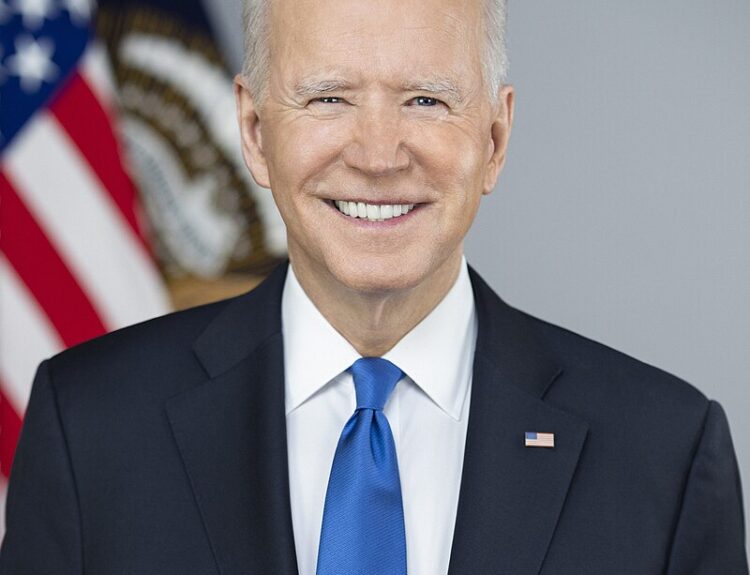Auto giant grapples with plant closures and union tensions as EV sales falter.
- Volkswagen may close a plant in Germany for the first time due to poor EV sales.
- The company is facing increased competition and high production costs.
- Volkswagen’s profitability has been weak, with its brand contributing less than 10% to total operating profit.
- The German government has canceled EV subsidies, impacting sales.
- Volkswagen’s management is considering ending agreements that prevent compulsory redundancies.
Volkswagen is at a critical juncture as it contemplates closing a plant in Germany for the first time, reflecting the challenges it faces in the transition to electric vehicles (EVs). The company’s leadership has indicated that a previously agreed ‘performance program’ with union leaders is no longer sufficient to meet profit targets, especially after a disappointing first half of the year. Chief Executive Oliver Blume noted that the economic landscape has become increasingly challenging, with new competitors entering the European market. nnThe Volkswagen brand, which is the largest in terms of sales, has contributed less than 10% to the group’s total operating profit, with a margin of only 2.3%. Analysts attribute part of this weak profitability to the company’s significant investment in EVs, such as the ID.3 and ID.4, which have not performed as expected. The situation worsened when the German government unexpectedly canceled EV subsidies, leading to a decline in EV sales, including a 41% drop in Tesla registrations in Germany this year. nnTo improve financial performance, Volkswagen’s management is considering more drastic measures than those allowed under the previous union agreement, including the possibility of ending a long-standing commitment to avoid compulsory redundancies. Union leader Daniela Cavallo has vowed to resist these changes, attributing the brand’s struggles to management decisions, such as the dismissal of hybrids as a viable option. nnAs negotiations unfold, they are drawing attention from the German government, which is advocating for long-term strategies and coordination with social partners. The government is also preparing tax relief for EVs as part of a new growth initiative. nnVolkswagen faces additional pressure to meet stricter European emissions standards starting next year, as its fleet’s carbon emissions were significantly higher than required. Competing with lower-cost Chinese EV manufacturers, who have a cost advantage of up to 30%, adds to the urgency of Volkswagen’s situation. nnDespite the challenges, analysts believe that a compromise between management and the union may prevent plant closures, possibly through the sale of component businesses. Volkswagen has a history of avoiding job cuts, having previously opted for alternative measures during economic downturns. The company’s ongoing struggles highlight the need for strategic adjustments in a rapidly evolving automotive landscape.·
Factuality Level: 7
Factuality Justification: The article provides a detailed overview of Volkswagen’s current challenges in transitioning to electric vehicles, including financial performance, union negotiations, and competitive pressures. While it presents factual information, some statements could be seen as biased or opinionated, particularly regarding management decisions and the implications of EV investments. Overall, it is mostly factual but contains elements that could benefit from a more neutral tone.·
Noise Level: 7
Noise Justification: The article provides a detailed analysis of Volkswagen’s challenges in transitioning to electric vehicles, including financial performance, union negotiations, and competitive pressures. It includes relevant data and examples, such as the impact of EV subsidies and labor costs. However, while it raises important issues, it could benefit from deeper exploration of potential solutions or long-term strategies.·
Public Companies: Volkswagen (VOW), Tesla (TSLA), BYD (BYDDF), Mercedes-Benz (MBG), BMW (BMW)
Private Companies: Porsche,Audi,Skoda,SEAT
Key People: Oliver Blume (Chief Executive), Herbert Diess (Former CEO), Daniela Cavallo (Union Leader), Robert Habeck (Economy and Climate-Protection Minister), Stephen Reitman (Analyst), Jürgen Pieper (Stock Analyst)
Financial Relevance: Yes
Financial Markets Impacted: Volkswagen’s stock price and the automotive industry
Financial Rating Justification: The article discusses Volkswagen’s financial performance, its transition to electric vehicles, potential plant closure in Germany, and competition with other car manufacturers such as Tesla, BYD, and Chinese EV makers. These factors can impact the company’s stock price and the overall automotive industry.
Presence Of Extreme Event: No
Nature Of Extreme Event: No
Impact Rating Of The Extreme Event: No
Extreme Rating Justification: The article discusses Volkswagen’s financial struggles and potential plant closures but does not report on any extreme event that occurred in the last 48 hours.·
Move Size: No market move size mentioned.
Sector: Technology
Direction: Down
Magnitude: Large
Affected Instruments: Stocks
Image source: Vwexport1300 / Own work
Reported publicly: www.wsj.com
www.wsj.com 





